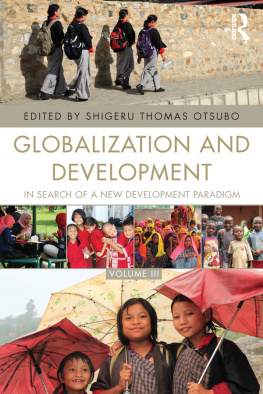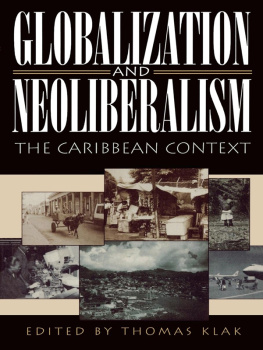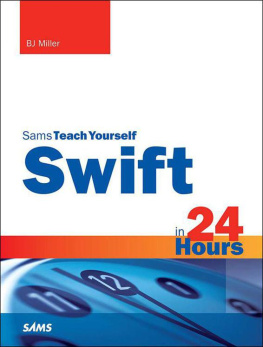Thomas D. Schoonover - Uncle Sams War of 1898 and the Origins of Globalization
Here you can read online Thomas D. Schoonover - Uncle Sams War of 1898 and the Origins of Globalization full text of the book (entire story) in english for free. Download pdf and epub, get meaning, cover and reviews about this ebook. year: 2013, publisher: University Press of Kentucky, genre: Politics. Description of the work, (preface) as well as reviews are available. Best literature library LitArk.com created for fans of good reading and offers a wide selection of genres:
Romance novel
Science fiction
Adventure
Detective
Science
History
Home and family
Prose
Art
Politics
Computer
Non-fiction
Religion
Business
Children
Humor
Choose a favorite category and find really read worthwhile books. Enjoy immersion in the world of imagination, feel the emotions of the characters or learn something new for yourself, make an fascinating discovery.

- Book:Uncle Sams War of 1898 and the Origins of Globalization
- Author:
- Publisher:University Press of Kentucky
- Genre:
- Year:2013
- Rating:3 / 5
- Favourites:Add to favourites
- Your mark:
- 60
- 1
- 2
- 3
- 4
- 5
Uncle Sams War of 1898 and the Origins of Globalization: summary, description and annotation
We offer to read an annotation, description, summary or preface (depends on what the author of the book "Uncle Sams War of 1898 and the Origins of Globalization" wrote himself). If you haven't found the necessary information about the book — write in the comments, we will try to find it.
Uncle Sams War of 1898 and the Origins of Globalization — read online for free the complete book (whole text) full work
Below is the text of the book, divided by pages. System saving the place of the last page read, allows you to conveniently read the book "Uncle Sams War of 1898 and the Origins of Globalization" online for free, without having to search again every time where you left off. Put a bookmark, and you can go to the page where you finished reading at any time.
Font size:
Interval:
Bookmark:

and the Origins of Globalization

and the
Origins of Globalization



by a grant from the National Endowment for the Humanities.
serving Bellarmine University, Berea College, Centre
College of Kentucky, Eastern Kentucky University,
The Filson Historical Society, Georgetown College,
Kentucky Historical Society, Kentucky State University,
Morehead State University, Murray State University,
Northern Kentucky University, Transylvania University,
University of Kentucky, University of Louisville,
and Western Kentucky University.
All rights reserved.
663 South Limestone Street, Lexington, Kentucky 40508-4008
aggressive, militaristic European treatment of China in order to
promote an open door to commercial and investment opportunity
(China holds a train). (Harpers Weekly, November 18, 1899)
Uncle Sams War of 1898 and the origins of globalization /
Thomas Schoonover ; foreword by Walter LaFeber
1. Spanish-American War, 1898. 2. United StatesTerritorial
expansion. 3. World politics19th century. 4. Globalization
Political aspectsUnited States. I. Title.
E715.S36 2003 | |
973.991-dc21 | 2003011379 |
the requirements of the American National Standard
for Permanence of Paper for Printed Library Materials.

 | Member of the Association of American University Presses |
and we discussed the project.
because he will not be able to read the final form.
Font size:
Interval:
Bookmark:
Similar books «Uncle Sams War of 1898 and the Origins of Globalization»
Look at similar books to Uncle Sams War of 1898 and the Origins of Globalization. We have selected literature similar in name and meaning in the hope of providing readers with more options to find new, interesting, not yet read works.
Discussion, reviews of the book Uncle Sams War of 1898 and the Origins of Globalization and just readers' own opinions. Leave your comments, write what you think about the work, its meaning or the main characters. Specify what exactly you liked and what you didn't like, and why you think so.





